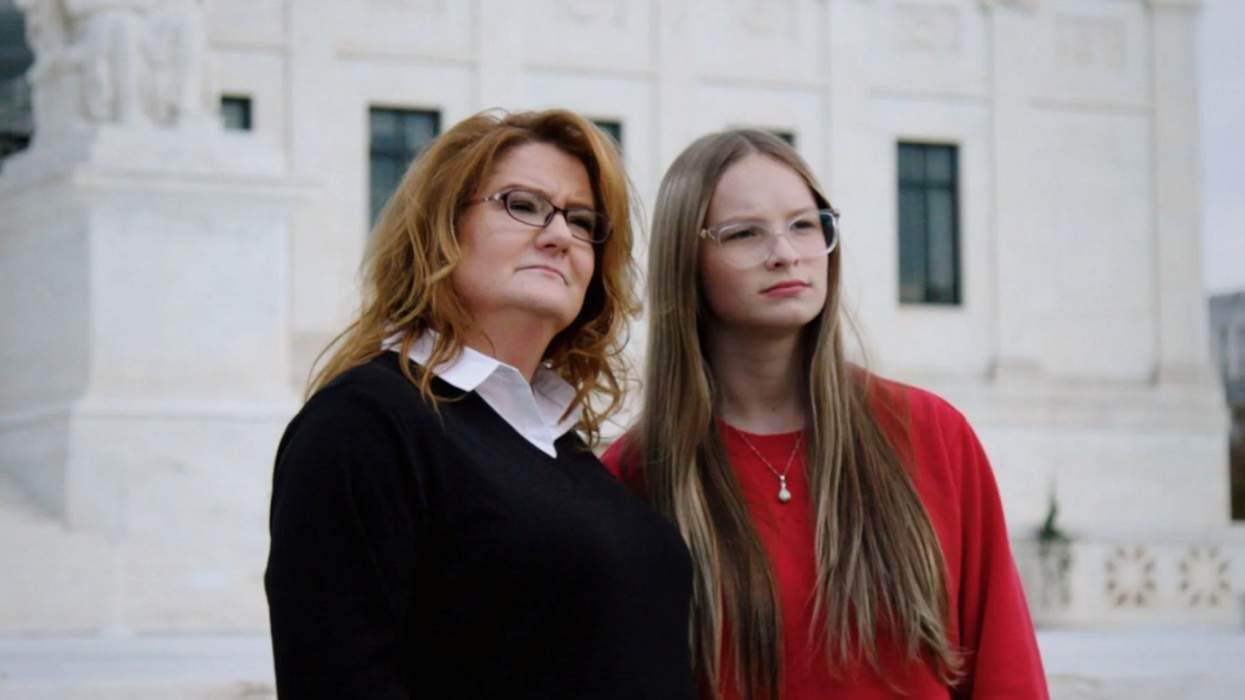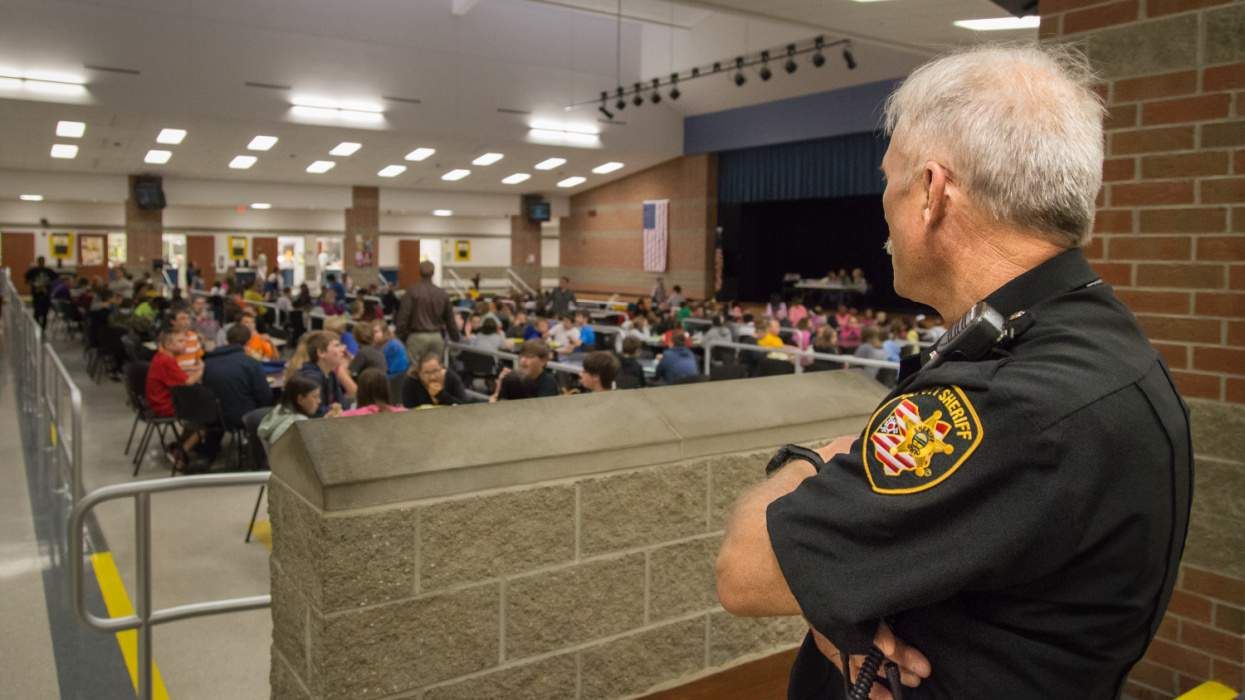The University of Chicago caused an internet firestorm this week after a letter issued by the dean of students to the incoming freshman class went public, saying in part that the university does not support "so called 'trigger warnings', [does] not cancel invited speakers because their topics might prove controversial, and we do not condone the creation of intellectual 'safe spaces' where individuals can retreat from ideas and perspectives at odds with their own."
"I don't think University of Chicago understands how stupid their comments are and where this has led to," Campus Pride founder Shane Windmeyer tells The Advocate via phone. "It's an example of when rhetoric and language is either misunderstood or not in check with what young people are feeling and what young people experience on a daily basis, particularly young people of color or young people who are LGBT and of color."
Indeed, "safe space" is a term that his group helped to spread in its work over the past 20 years, and he says the meaning has become distorted. Last year, Windmeyer says, Campus Pride began a campaign to reengage universities on what those terms mean and how they can adapt to those interpretations and the needs of LGBT students. But many universities that have had such programs for years may need some additional training so that they remain effective.
"We don't want to shelter our students from the real world, nor do students want to be sheltered," says Windmeyer. "They know what the real world is like; they just want to know that their campus is going to be a place where they don't have to worry about being harmed or discriminated against or have any type of violence in their community targeted to them."
But University of Chicago officials say the idea of curtailing speech to make people feel comfortable is censorship and has no place in the academic setting. Geoffrey Stone, Edward H. Levi Distinguished Service Professor of Law and chair of the Committee on Freedom of Expression at the university, says it's the university's role to prepare students for the real world, including the offensive speech that comes with it.
"Our job intellectually and otherwise is to train our students how to be effective citizens ... to train our students how to deal effectively with an unsafe space,' Stone tells The Advocate via phone.
The university appointed Stone, an author and expert on the First Amendment, to chair a committee in response to campuses around the country canceling speakers because of controversial views and other incidents perceived to undermine academic freedom. The committee's report, issued in 2014, has unintentionally become a blueprint for other institutions to establish their position on censorship and freedom of expression.
Stone admits that some students, like those with marginalized identities, might have a greater burden to deal with under this policy. At the same time, he says the role of the university is to empower all students to deal with those conflicts in a constructive way, no matter their background. Stone says he did not write the letter but that it seems like a a reinforcement of the university's long history of promoting civil discourse and resisting censorship.
"I think a university that goes out of its way to shield students from encountering ideas that they don't like is not doing a service to students, it's not meeting its responsibility to students," says Stone.
Windmeyer disagrees that the purpose of a safe space is to shield people from ideas.
"A safe space is about making sure that you create a welcoming environment where you can have dialogue and debate where people feel always welcomed and accepted," says Windmeyer, who has worked with campuses across the country since 2001. "It's not about shutting down divergent ideas or opinions."
The conflict comes down to words: what a safe space is, what trigger warnings are, and whether these ideals promote censorship. The intent of safe spaces, as explained by Windmeyer, is to empower colleges to support the needs of LGBTQ students by educating them on creating spaces where students feel comfortable to discuss issues of sexuality and gender identity. But there are varying opinions about the role of comfort in education, and the definitions of "safe spaces" and "trigger warnings" are fluid at best.
From Stone's perspective, and that of the University of Chicago, students should be free to voice any idea in the academic environment, however unpopular or controversial. And students who disagree are also free to voice their ideas. Stone says that's part of the learning process.
"People shouldn't treat respectfully ideas that are stupid and offensive," says Stone. "We do believe general discourse should be civil and of mutual respect, but that doesn't mean you have to respect ideas that you loathe. You just can't censor them."
University representatives confirmed that this letter will have no bearing on LGBT or other safe spaces for marginalized groups existing on campus, and programs to ensure LGBT safety on campus will continue.
University officials advise students to seek help from the Office for Equal Opportunity programs or the university's Bias Response Team if they encounter discrimination or harassment, and note that there are online resources to assist students in these instances. They also say classroom content is broadly protected by the standards of academic freedom and must meet certain criteria to be considered harrassment, including targeting of a person or persons, being abusive, and serving no bona fide academic purpose
Although Windmeyer confirms that University of Chicago has many LGBT-affirming policies in place, he says the letter sends an "awful message."
"Comfort doesn't mean that they have to agree with everything -- comfort means at the end of the day they know their teacher is there for them, that their teacher understands and has always been respectful to their pronoun usage, or they get what it's like to be trans," says Windmeyer. "But that doesn't mean they can't talk about the religious freedom bills and what's happening across this country in a lively, academic dialogue or debate or to write about it in a paper."















